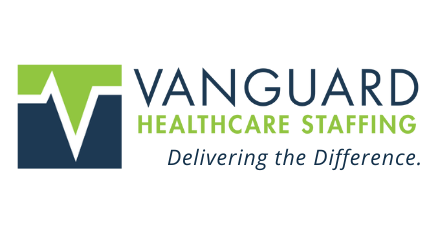Career Advancements in the Medical Laboratory Profession

Medical laboratories play a vital role in the diagnosis and treatment of illnesses and diseases. These facilities, which can be found in hospitals, clinics, and independent laboratories, are responsible for analyzing samples of blood, tissue, and other body fluids to determine the presence of specific diseases or conditions.
For those interested in working in the medical laboratory field, there are many advancement opportunities available. Some of these include:
- Laboratory Manager: This role involves overseeing the day-to-day operations of a laboratory and managing the work of other laboratory staff. Laboratory managers are responsible for ensuring that the laboratory is in compliance with all regulatory requirements and that the quality of the laboratory's work is maintained.
- Medical Laboratory Scientist: These professionals are responsible for performing complex laboratory tests, analyzing results, and interpreting data. They may also be responsible for supervising other laboratory staff and maintaining laboratory equipment.
- Medical Laboratory Technician: These professionals assist medical laboratory scientists in performing laboratory tests and analyzing results. They may also be responsible for preparing samples for analysis and maintaining laboratory equipment.
- Pathologist Assistant: Pathologist assistants are responsible for assisting pathologists in the examination of tissue samples and the preparation of diagnoses. They may also assist in autopsies and other procedures.
- Cytotechnologist: These professionals are responsible for analyzing cell samples under a microscope to detect the presence of abnormal cells. They may also assist pathologists in the diagnosis of cancer and other diseases.
- Clinical Laboratory Director: These professionals are responsible for the overall operation and management of a clinical laboratory. They are responsible for ensuring that the laboratory is in compliance with all regulatory requirements and that the quality of the laboratory's work is maintained.
In addition to these roles, many medical laboratories also offer continuing education and training opportunities to help staff members advance their careers. Many laboratories also offer tuition reimbursement for employees pursuing advanced degrees in fields related to medical laboratory science.
Overall, the medical laboratory field offers a wide range of advancement opportunities for those interested in pursuing a career in this field. With the ongoing need for accurate diagnosis and treatment of illnesses and diseases, the demand for skilled medical laboratory professionals is likely to continue growing in the coming years.


